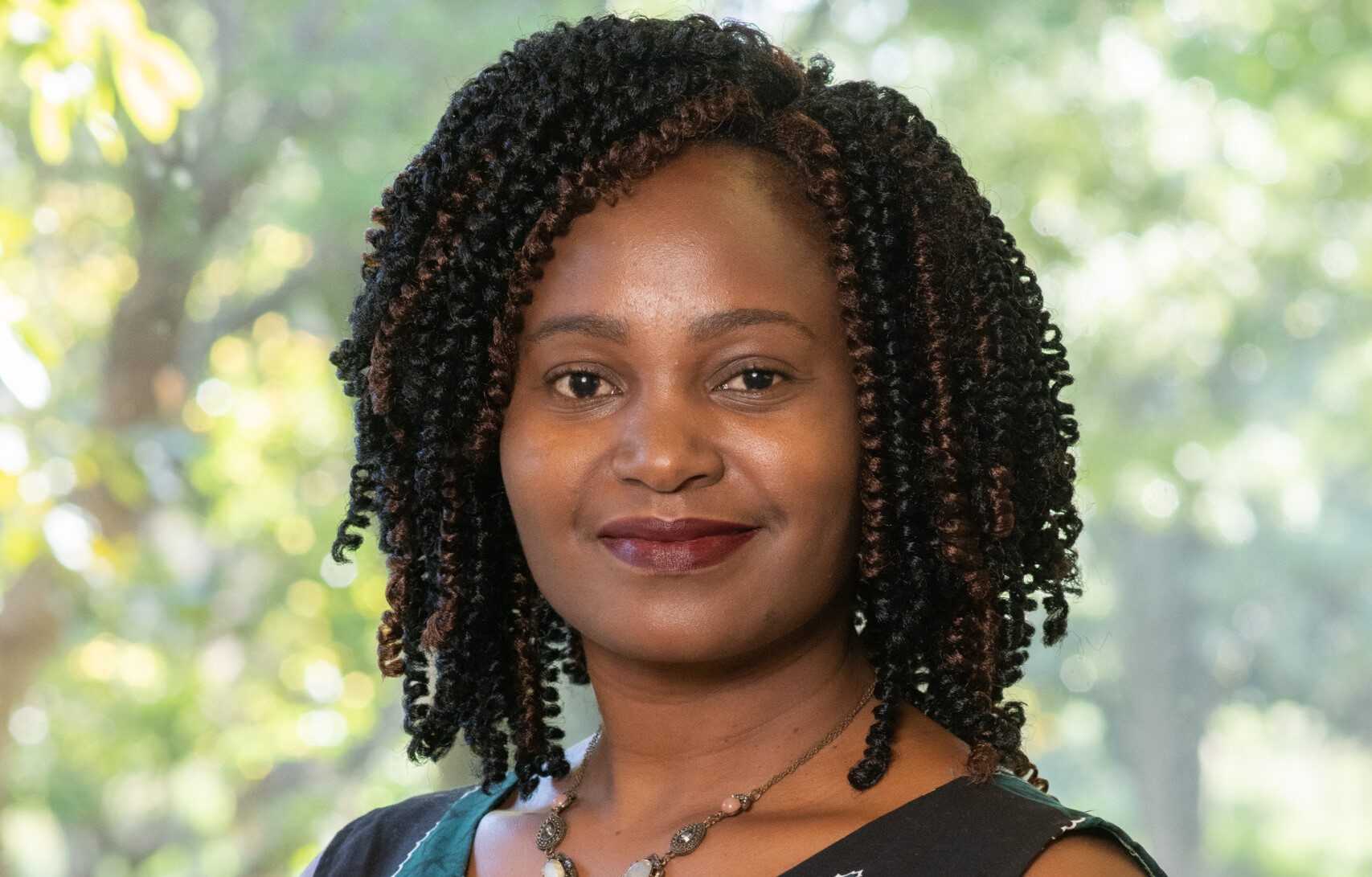MIP-1 implementation facing glitches—NPC
The National Planning Commission (NPC) says the attainment of development aspirations in the First 10-year Implementation Plan (MIP-1) is moving at a snail’s pace, with the process rated slow as most interventions are off-track
The MIP-1 is a collection of minimum catalytic interventions that have been determined to contribute to two key milestones of graduating the country to a middle-income status and meeting most of the United Nations Sustainable Development Goals (SDGs) by 2030.

Speaking in an interview on Friday at Bvumbwe, Thyolo on the sidelines of a Media Seminar on Malawi 2063: Implementation, Coordination and Tracking of Progress, NPC director general Thomas Chataghalala Munthalisaid the performance of the MIP-1 in relation to the SDGs is not satisfactory.
He said lack of capacity coupled with exogenous shocks is slowing the plan, a situation which requires quick State intervention.
Said Munthali: We need to have the wealth with which to execute the Malawi 2063 and that will require that the State takes an active role in the market.
“Creating wealth will require that our mining companies are up and running, Agricultural Development and Marketing Corporation [Admarc] is fully commercialised with a full private sector coalition. We also need the Malawi Development Corporation up and running to trailbraze investments in the country.”
He said a modelling done by NPC on Admarc showed that fully commercialising Admarc to aggregate produce, agroprocess and export, the country would be getting not less than $3 billion (K3.1 trillion) a year.
On her part, NPC senior monitoring and evaluation specialist Joy Masache observed that with the country’s economic growth consistently below three percent, attaining some of the aspirations could be a challenge.
She said: “The expectation is that if we were to move to a lower-middle income country, we need at least six percent gross domestic product growth annually.
“This, therefore, calls for a fast-re-orienting of the budgeting to achieve this.”
But when presenting the 2023/24 National Budget, Minister of Finance and Economic Affairs Sosten Gwengwe indicated that the fiscal plan was aligned to MIP-1 focus areas.
He said through the budget, the government was hoping to implement policy reforms that enhance resource mobilisation accompanied by prudent expenditure management.
Ironically, in the current financial year, the development budget has an allocation of about K896 billion or 5.9 percent of GDP and 23.1 percent of the total expenditure.
Meanwhile, NPC said out of the implementation interventions that Malawi was expected to start within the 2021/22 financial year, about 79 percent started.
On the enablers of the plan, environmental sustainability is the only enabler which has in the past two years reported the most progress with 27 percent of interventions on track.





